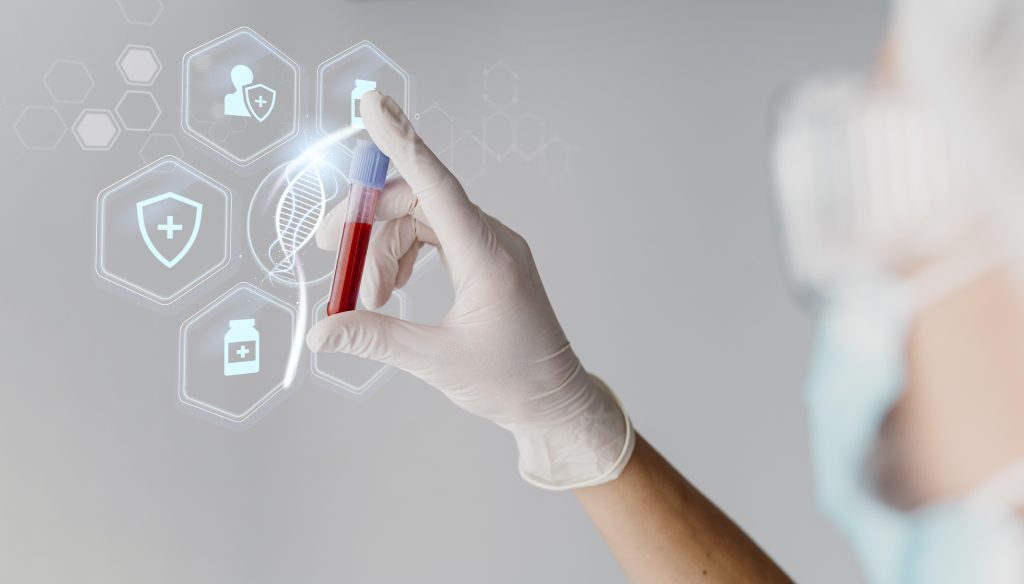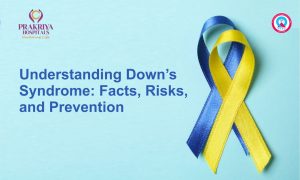Early detection saves lives. While traditional cancer screening methods—like mammograms or colonoscopies—are effective, they only look for one type of cancer at a time. A new technology called the Multi-Cancer Early Detection (MCED) test is changing the way we think about screening. Below, we answer the most common questions people have about this exciting development.
1. What is cancer screening?
Cancer screening is the process of checking for cancer before symptoms appear. The goal is to catch cancer early, when it is easier to treat and cure.
2. What screening tests are currently available or recommended?
Doctors recommend different screening tests for different cancers:
- Breast cancer – Mammogram
- Cervical cancer – Pap smear or HPV test
- Colorectal cancer – Colonoscopy or stool tests
- Lung cancer – Low-dose CT scan (for smokers/high-risk individuals)
But for many cancers (like pancreatic, liver, or ovarian), there are no regular screening tests.
3. What is the MCED test?
The Multi-Cancer Early Detection test is a simple blood test that can detect signals from dozens of different cancers at once. It does this by looking for fragments of tumor DNA or other biomarkers circulating in the blood.
How is MCED different from other screening tests?
● Traditional screenings = one cancer, one method (e.g. mammogram for breast, colonoscopy for colon).
● MCED = many cancers in one test (though still limited in how many, and which).
● Minimally invasive (just blood draw) versus more invasive procedures in some traditional screening.
5. How does the MCED test work?
● You give a blood sample.
● Lab processes look for biomarkers (tumor DNA, circulating tumor cells, etc.).
● Advanced computational/AI methods analyze whether there is a “signal” suggestive of
cancer.
● Sometimes, the test may also suggest where in the body the potential cancer may be
(tissue of origin).
6. Does the MCED test diagnose cancer?
No. A positive result means there may be cancer signals, but it needs further confirmation
(imaging, biopsy) to be sure. A negative result does not guarantee there is no cancer. It’s a
screening tool, not diagnostic.
7. Who should consider taking the MCED test?
● People aged around 50 and above (higher cancer risk).
● Those with family history of cancer or higher risk (smoking history, occupational
exposure, etc.).
● Possibly anyone who wants more comprehensive screening beyond what traditional
screening provides, after a discussion with their doctor.
9. What does it cost? Is it covered by insurance?
● Cost in India currently ranges between ₹6,000 and ₹30,000 or more depending on how
comprehensive the panel is.
● Most insurance policies do not cover MCED tests yet, since they’re still new, considered
“screening / preventive” rather than diagnostic or treatment-necessary.
10. What happens if the test result is positive?
If your MCED test shows a cancer signal:
● You should meet your doctor or an oncologist.
● Confirmatory tests (such as imaging or biopsy) will be ordered to locate and confirm the
cancer.
11. Is the MCED test FDA-approved?
At present, no MCED test has full FDA approval for routine screening. Some, like Galleri®, are
available in the U.S. through doctors as lab-developed tests, but they are not yet part of official
guidelines
12. What are the benefits of the MCED test?
● Detects cancers early, when treatment is more effective.
● Screens for many cancers at once.
● Simple and minimally invasive – just a blood test.
13. What are the drawbacks or limitations?
● Not diagnostic – needs confirmation.
● False positives can cause unnecessary stress and extra tests.
● False negatives may miss some cancers.
● Expensive and not widely available.
● Not yet included in national screening pro
Final Thoughts
The MCED test is an exciting step toward the future of cancer prevention. While it is not a
replacement for traditional screenings like mammograms or colonoscopies, it may one day
become part of routine health care. For now, it is best suited for people at higher risk of cancer
who want more comprehensive screening. Always discuss with your doctor before deciding if
this test is right for you.
Dr. Santhoshkumar Bandegudda
MBBS, MS, DrNB (Surgical Oncology), FMAS, FIAGES
Consultant – Surgical Oncology















